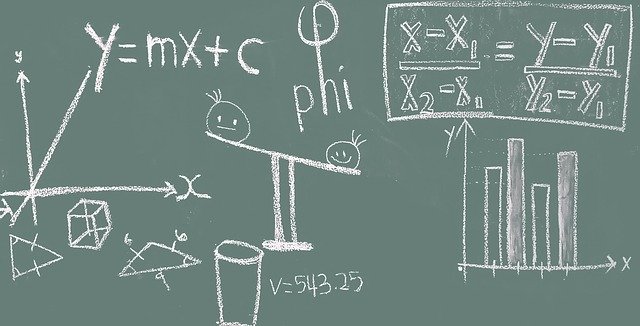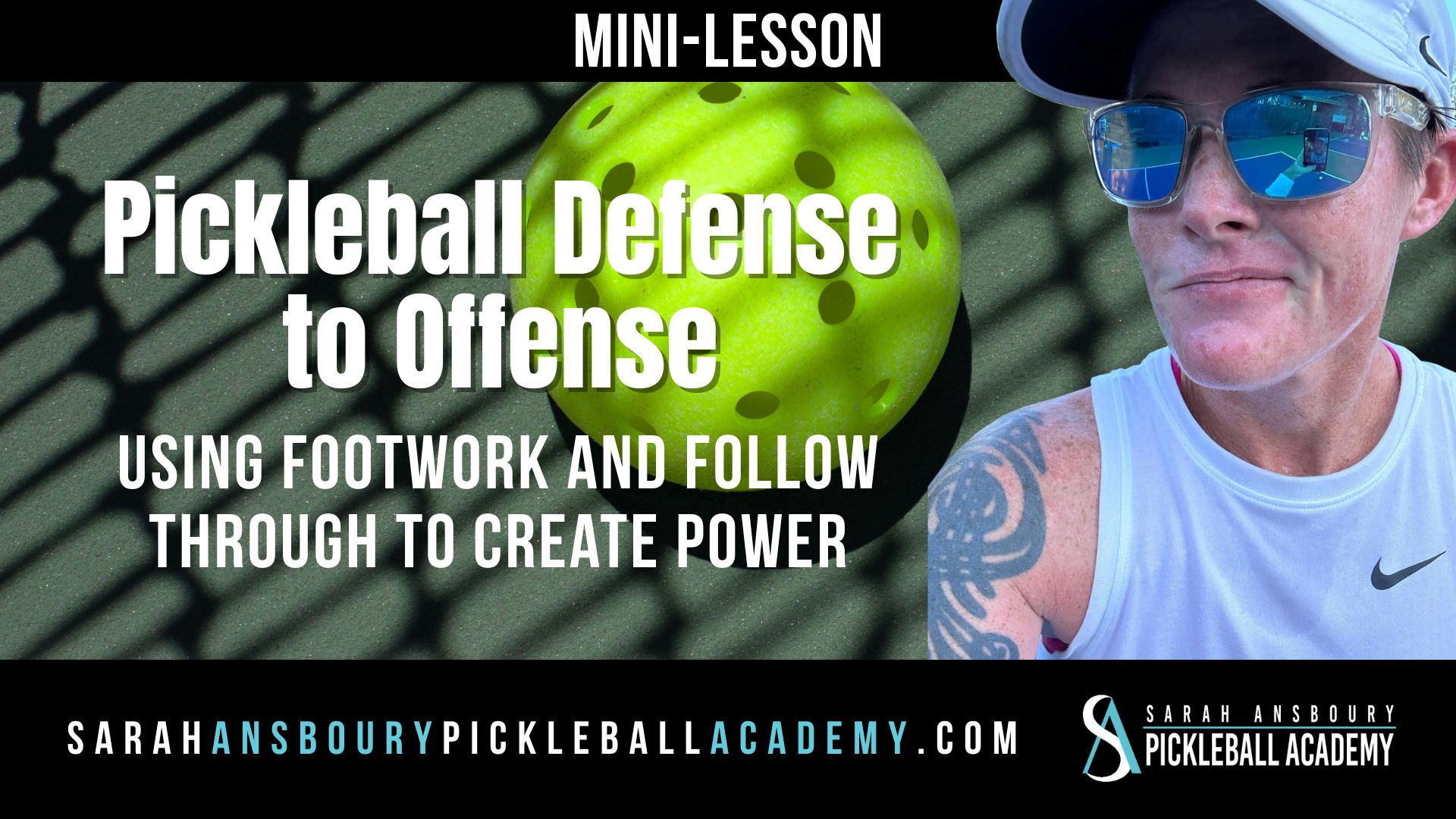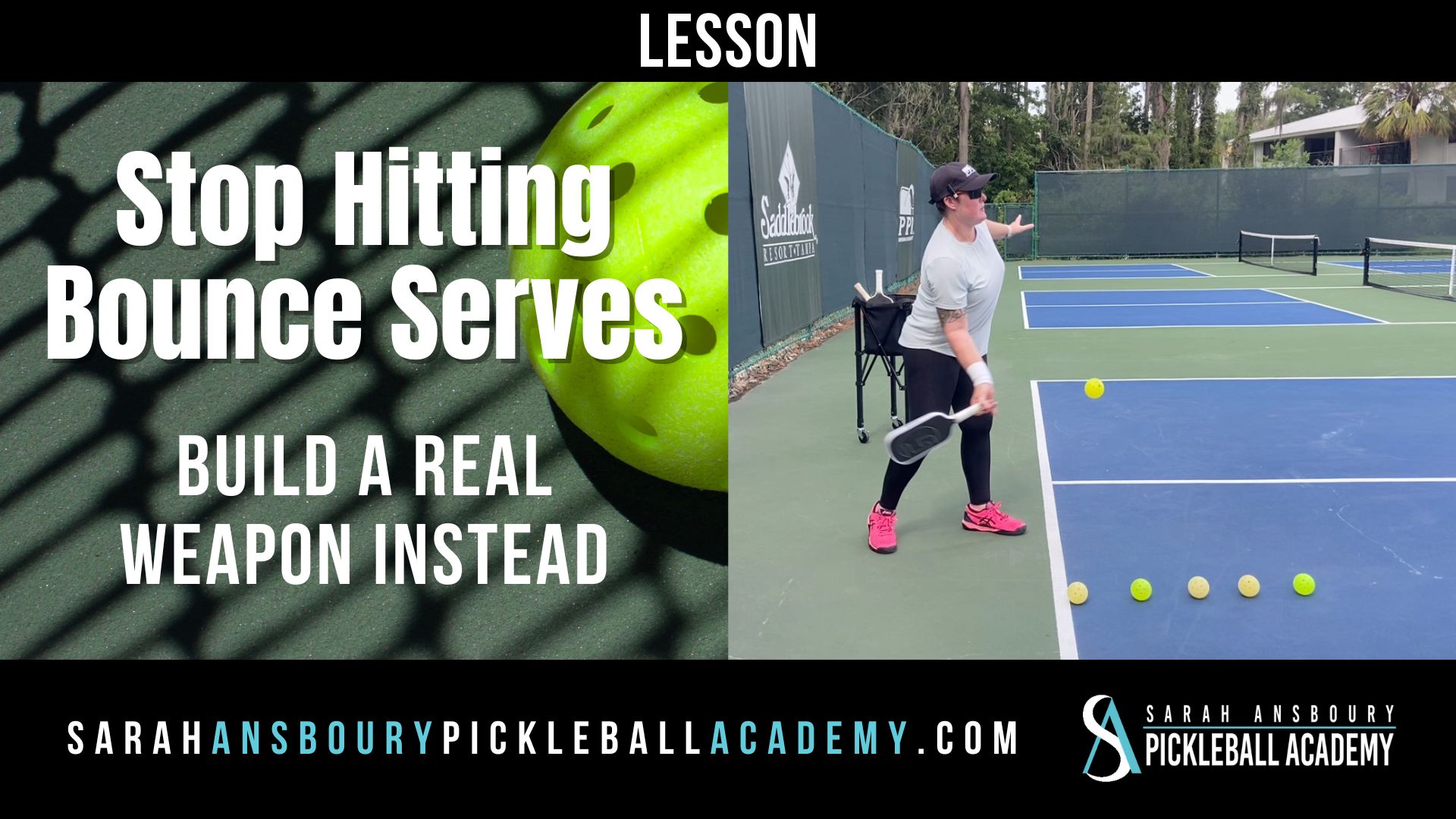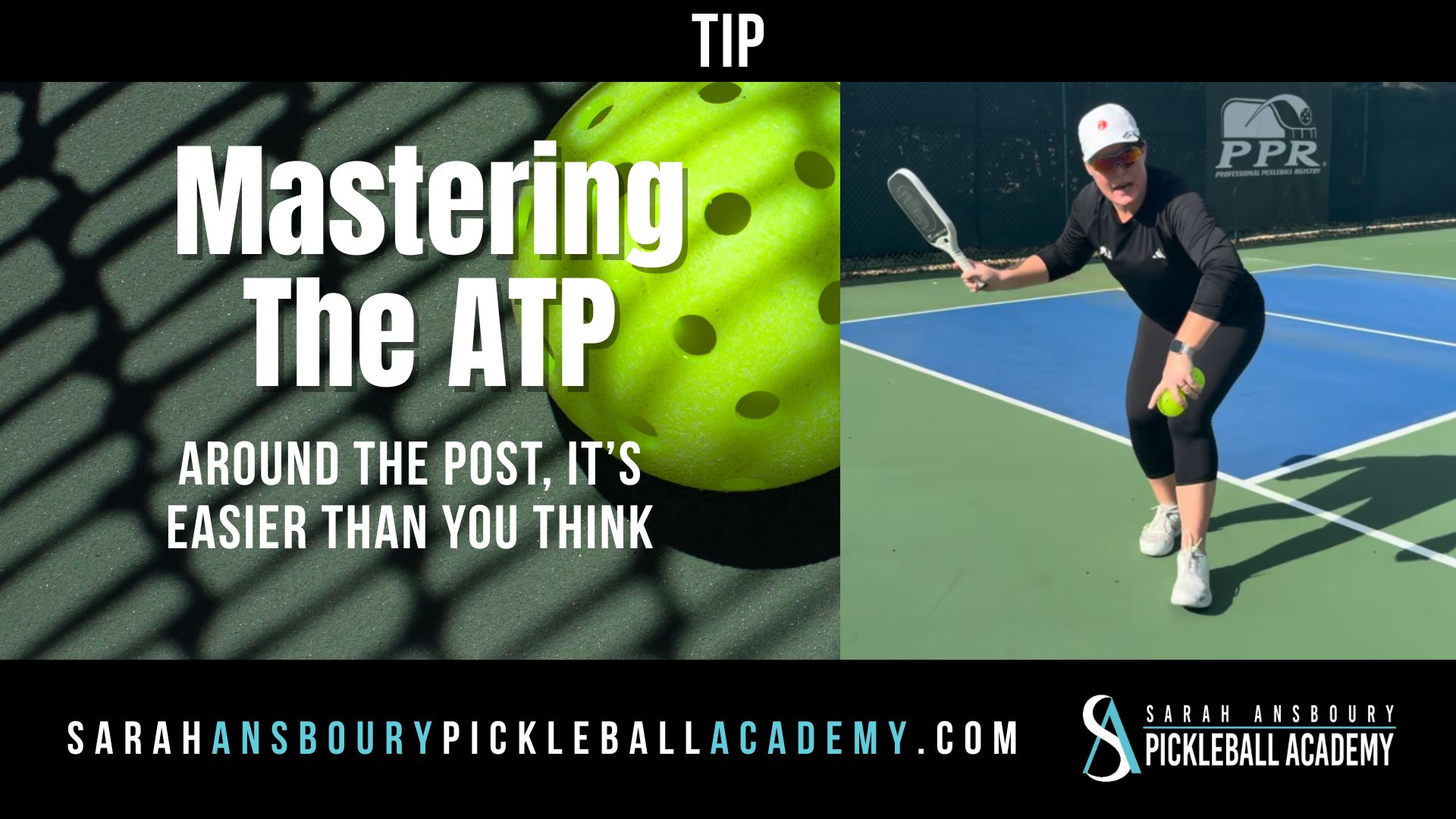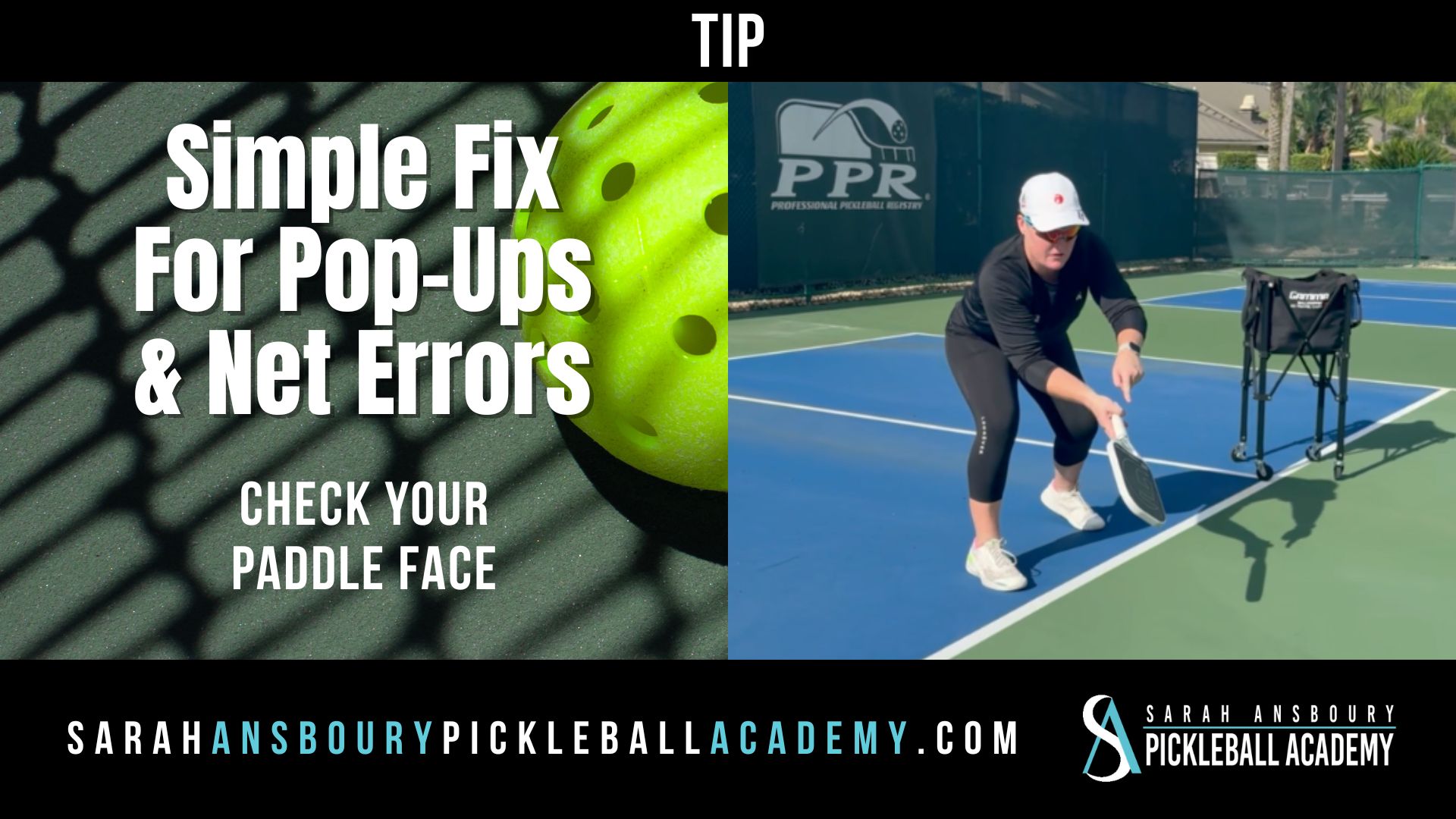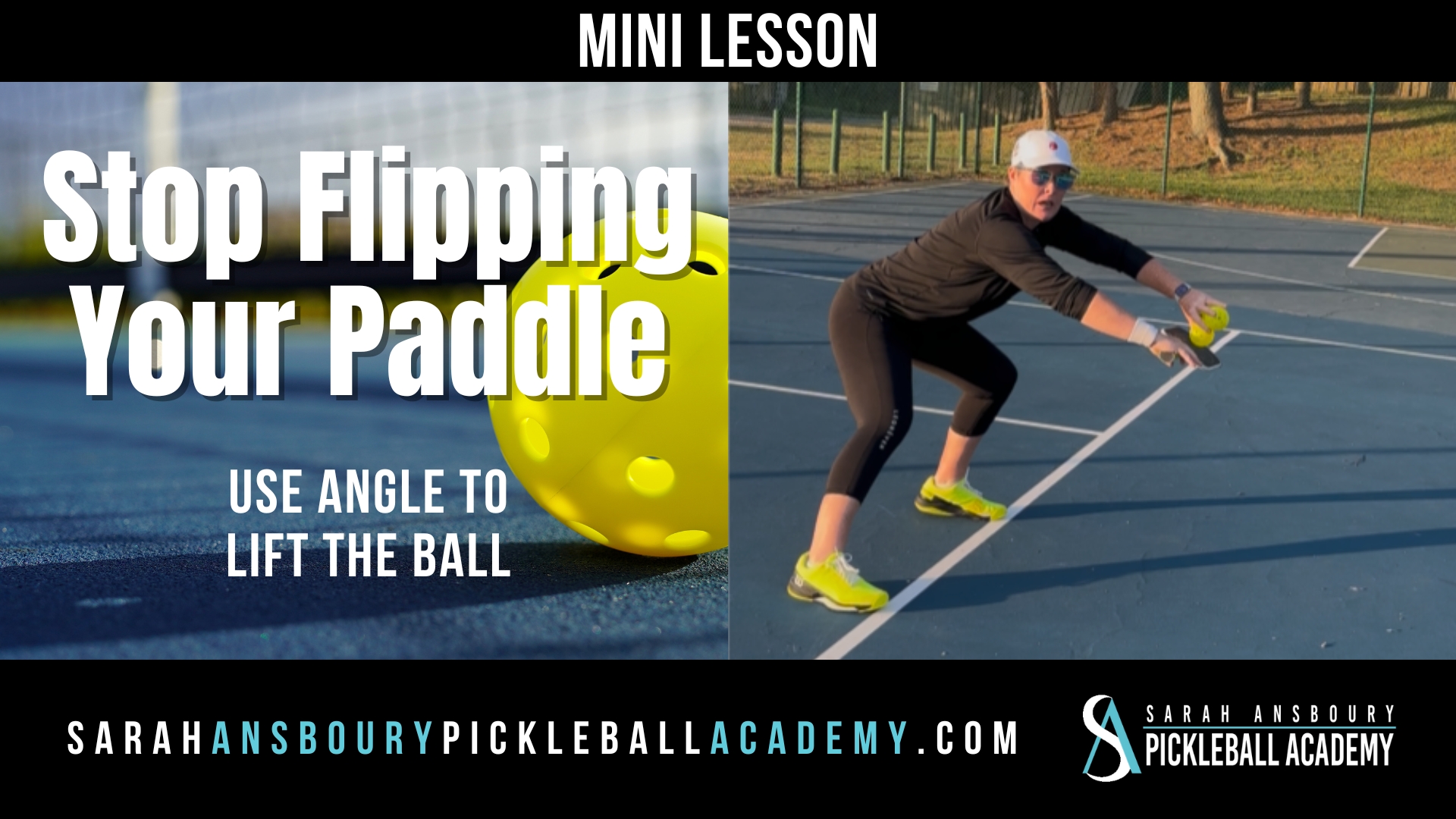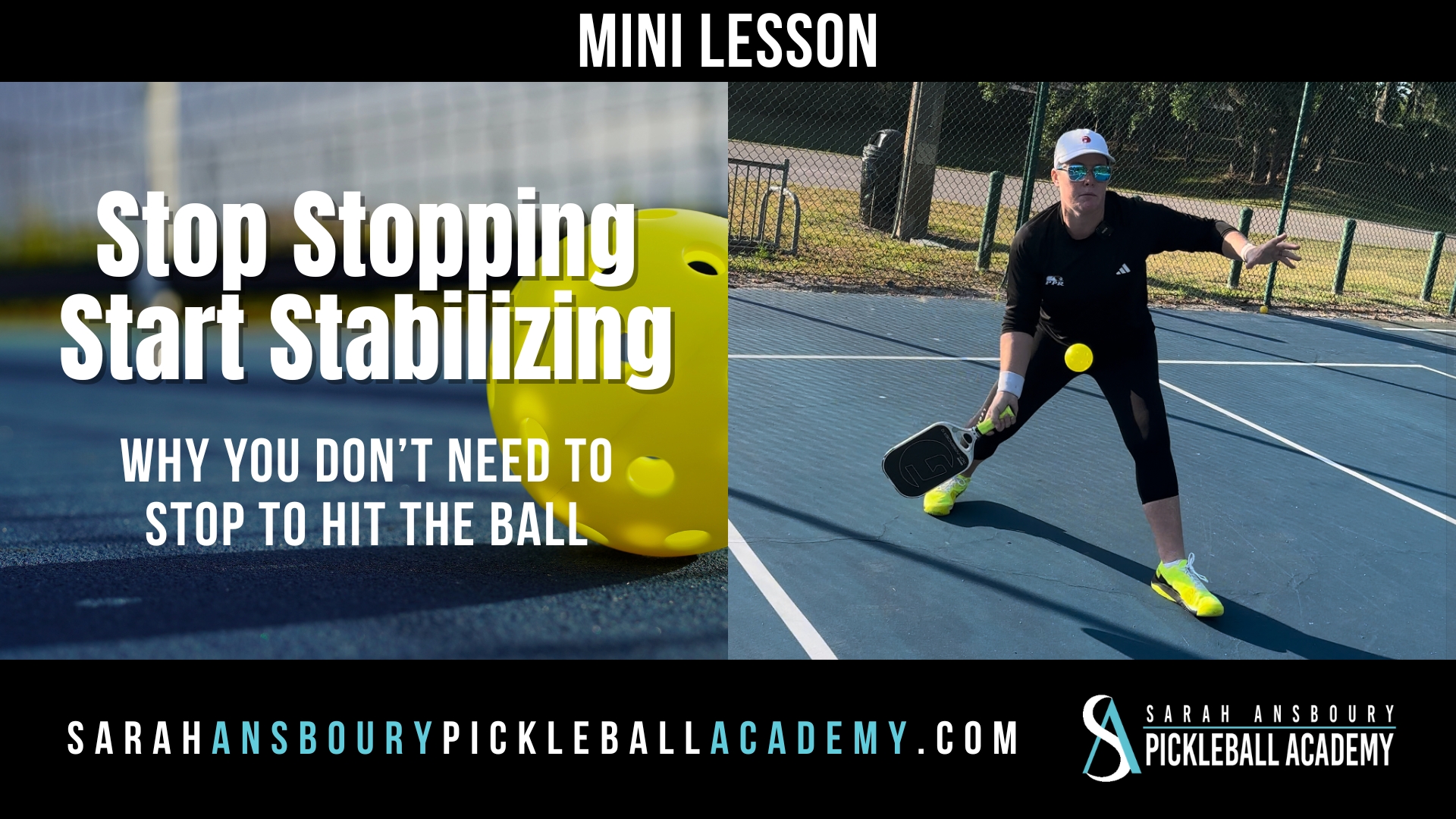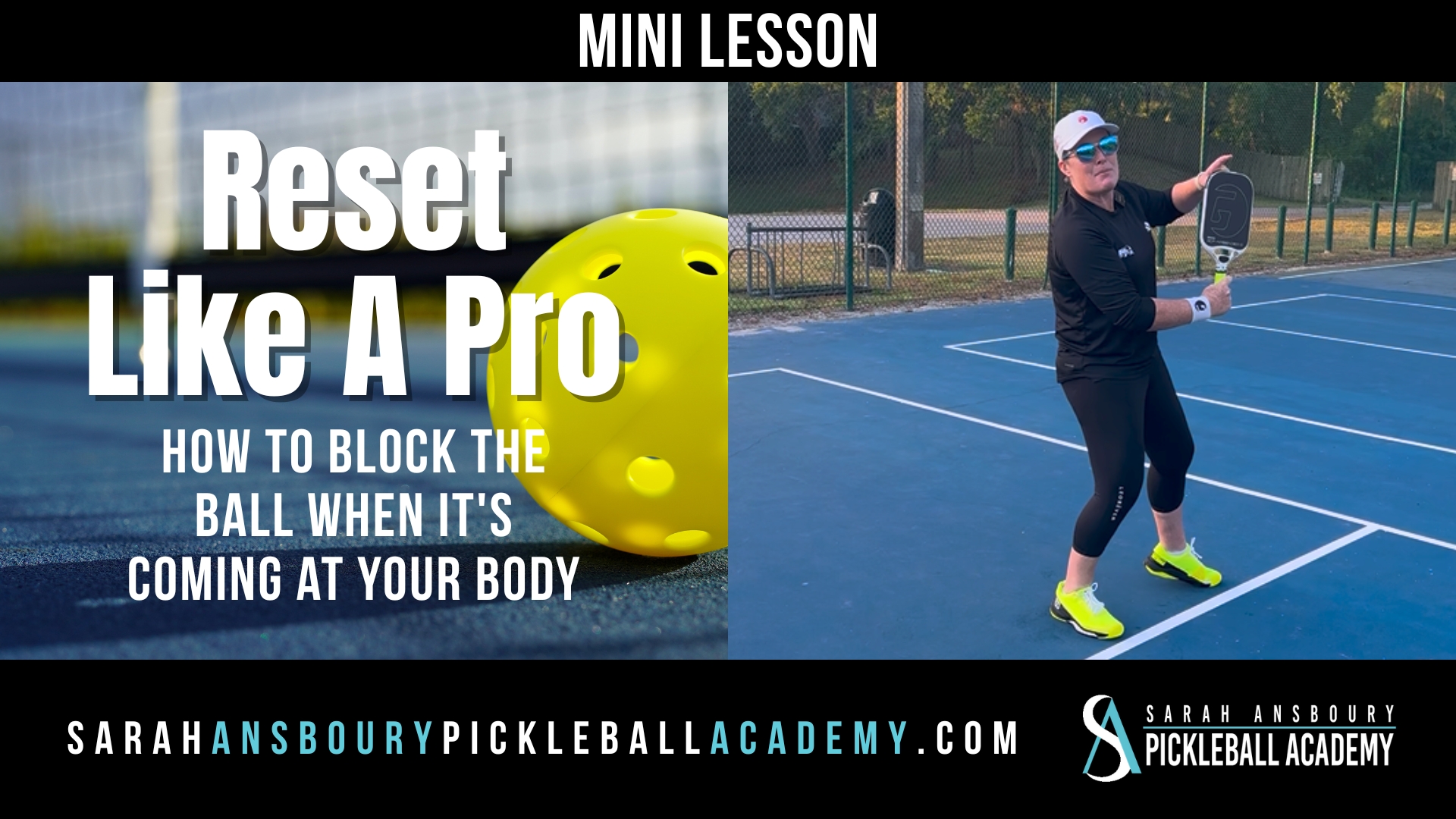I had been working with a student for several weeks. Many of her pickleball lessons revolved around slowing down as she came to the net. I wanted her to think of a faster walk rather than a full-on sprint.
Walk rather than sprint
By walking to the line she was able to see the ball better. She was better able to keep her paddle up in front of her bullseye. She was even able to respond better, should a ball reach her in the transition zone. During the course of the pickleball lessons, she did a fantastic job. And in fact, she was surprised to find that she got to the NVZ line with the same frequency as before.
back to rec. play
I happened to see her a few days later when she was playing with her old group. However, as she tried to put into play what we had practiced she was hounded with unsolicited advice. “Why are you walking? ” “Hurry up!” “Why aren’t you getting to the line more quickly?” Frankly, I was not only concerned about the “advice”…but even more concerned about the tone in which it was offered.
” “Hurry up!” “Why aren’t you getting to the line more quickly?” Frankly, I was not only concerned about the “advice”…but even more concerned about the tone in which it was offered.
I have written before about verbal and non-verbal communication. And I have written about offering un-solicited lessons to other players. As I have written before, I never coach another player unless I am asked. This is the guidance I wish more recreational players would follow.
taking pickleball lessons
But the fact is that the student has a responsibility too. Pickleball coaches are not magicians. They can’t wave a magic wand and instantly instill a new skill in a player. The student has responsibilities too:
- As I have written before, you must be willing to be vulnerable…as the path to improvement will include valleys along with peaks;
- It requires purposeful, deliberate practice to replace a movement you have done incorrectly hundreds or thousands of times before; and
- It requires COURAGE.
You must be willing to stand up for yourself. You must be willing to tell your playing partners that you really don’t welcome their advice. Of course, I am not suggesting that you be rude but rather say something like:
I am actually working on my game right now with an instructor. We are working on [area being criticized (such as, how I move to the line)]. I’d really appreciate it if you would just let me play the way I have been instructed to. With time, I am confident this will help my game.
So next time you are taking pickleball lessons, I want you to commit to humility, practice, and courage. It will improve your game.

